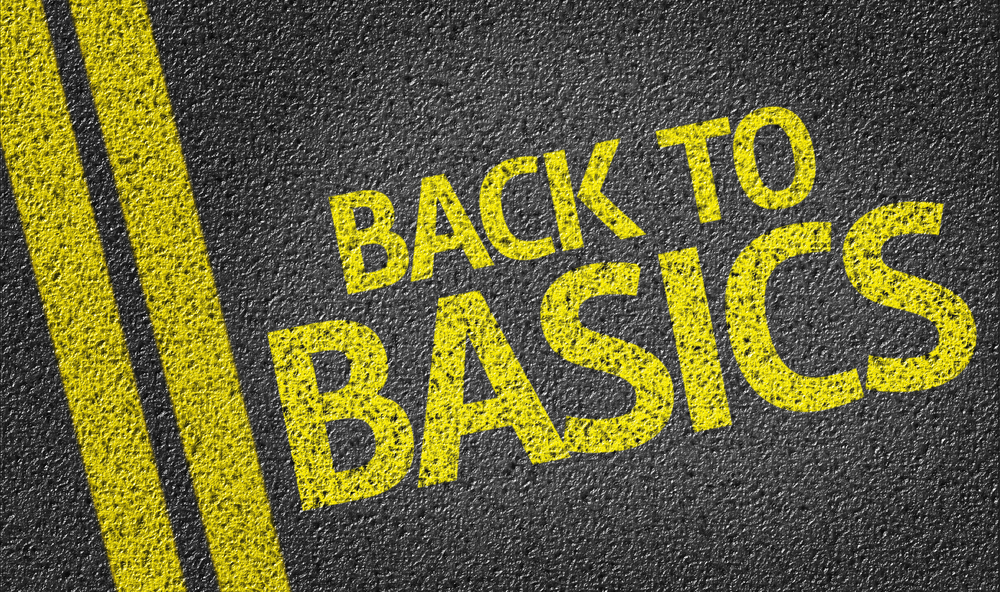15 min read
SB 326 Balcony Law & Reverse Mortgages: What California Seniors Must Know
Introduction
California’s SB 326 often called the “Balcony Law” was enacted in response to a series of tragic balcony...

There may be many reasons why you’re considering a reverse mortgage. If you own a home that is either paid off or has a large portion of the mortgage repaid and are over the age of 55 you might consider securing a jumbo reverse mortgage. Some retirees may need supplemental income, while others may be looking to make repairs or upgrade an existing home. So how do you know if a reverse mortgage is right for you? Here is a crash course in understanding the basics of reverse mortgages.
Jumbo Reverse Mortgages 101: The Basics
What is a Jumbo Reverse Mortgage?
A jumbo reverse mortgage allows homeowners that are 55+ to receive income using the equity in their home. The income could be in monthly cash payments, a lump sum or a line of credit.
How to Qualify for a Jumbo Reverse Mortgage
Each lender will have its own requirements to qualify for a jumbo reverse mortgage. However, the basic qualifications that you must meet include:
If you’re considering an HECM loan you will undergo a financial assessment. We typically recommend having at least 50% equity in your home to increase your odds of approval. Additionally, it proves helpful if your property and home are in good condition. Once they are, remember that the influx of cash flow from the reverse mortgage can help with property maintenance and upkeep if needed.
What types of reverse mortgages are available?
Several types of reverse mortgages are available depending on your qualifications and needs. The two most common are a Home Equity Conversion Mortgage (HECM) insured by the Federal Housing Administration (FHA) or a jumbo reverse mortgage for higher-value homes (specifically those valued at over $750,000).
The type of dwellings that qualify for a reverse mortgage include:
Contrary to popular belief, you can still qualify for a reverse mortgage if you’re moving to a new home. With an HECM for Purchase loan you can buy a new home and get a reverse mortgage at the same time. This is ideal for those homeowners and retirees looking to downsize.
5 Reasons to Consider a Reverse Mortgage
There are many reasons older adults may consider a reverse mortgage including to:
It’s helpful to know HECM and jumbo reverse mortgages are non-recourse. This is beneficial to borrowers because lenders can be repaid from homes’ sales proceeds, but never exceeding the value of the loan. And if your home’s value decreases, your maximum repayment amount won’t exceed that value.
After you pass away, any heirs to your estate have some options for repaying your reverse mortgage:
When do you have to repay a reverse mortgage?
Repayment for a reverse mortgage isn’t required until you no longer live in the home, you sell the home or the last surviving borrower dies.
What happens if there is more than one debt owed on the property?
An HECM loan must take the first-lien position, so it’s the primary debt owed on the property.
When will you receive the reverse mortgage funds?
You may need to use some of the proceeds to pay an existing forward mortgage first. Once that’s paid off, you must wait one year from the closing date to receive the rest of your reverse mortgage funds.
Can I still sell my home if I have a reverse mortgage?
A reverse mortgage does not prevent you from selling your home. You will need to pay it off once you close on the home, however. Thankfully, you aren’t responsible for any prepayment penalties. This also applies if you aren’t selling your home but still pay it off early.
This is a quick overview to better understand the basics of a reverse mortgage. Should you decide this option makes sense for you, don’t hesitate to contact us at Equity Access Group to secure your reverse mortgage loan.
Jul 15, 2025by Jason Nichols
California’s SB 326 often called the “Balcony Law” was enacted in response to a series of tragic balcony...
Jul 1, 2025by Jason Nichols
Are you a homeowner in your 60s looking for a way to stretch your retirement income? Well, a reverse mortgage might be...
Jun 16, 2025by Jason Nichols
A reverse mortgage loan lets eligible homeowners borrow money against their home equity without making monthly mortgage...